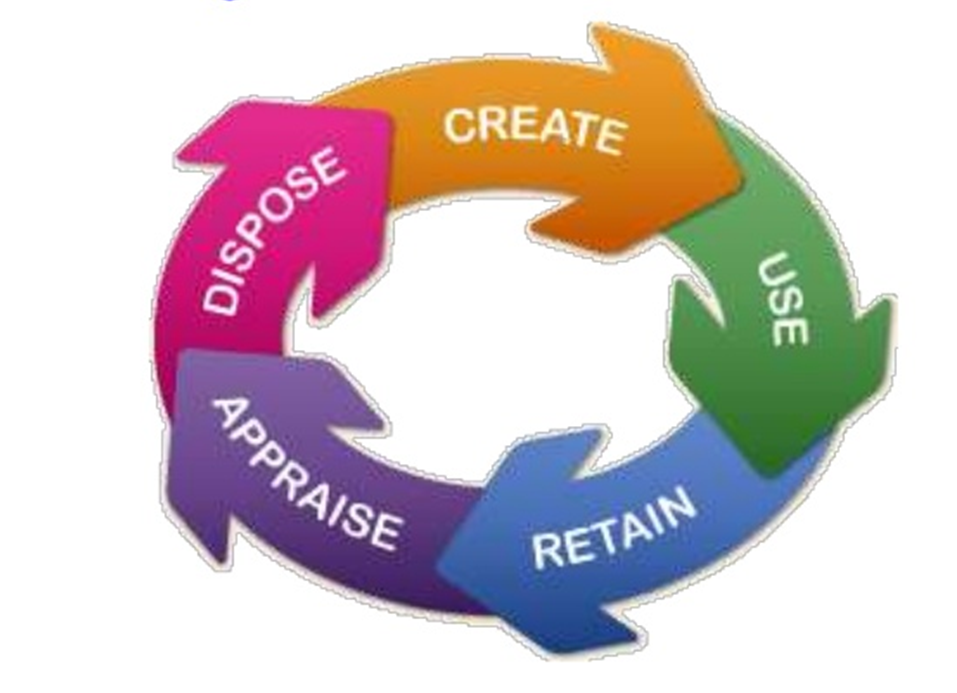Imagine a world without structure and without effective systems to document, store and track significant accomplishments or the failures of our day-to-day efforts. Can we truly transition from year to year, through different stages of technological advancements, school and team successes, and the rise or fall of economies without systematically capturing our meaningful engagements and activities? Can instructional leaders make strategic decisions and implement the requisite interventions without historical data that is captured from effective record keeping? Certainly not! It is often said that knowledge of our history has the capacity to catapult us into greatness owing to the fact that we can learn critical lessons from our past and devise solutions to complex challenges.
Importantly, transformational educational institutions are established to implement learning and teaching programmes aimed at advancing human capital development. Given that a country’s most important resource is its people, school leaders should employ the best strategies available to ensure effective management and administration of school affairs which can have a great impact on an individual’s progress through their educational and professional life.
A critical component of school operations is its ability to effectively manage documents and records. Records Management, therefore, is an organisational function responsible for the creation and maintenance of a system to deal with records throughout an organisation’s life cycle. Educational institutions should aim to embody the tenets of effective document and records management to augment their image of high-performing schools. Further, school leaders who align their school’s mission and vision with the goal of records management will undoubtedly usher their institution into a state of optimum performance. Certainly, schools stand to benefit from inculcating the principles of records and documentation as it will preserve and ensure the sustainability of its historical and future success, while aligning operations and securing compliance with documented standards.
In order to raise standards towards improving student outcomes, educational leaders should have the requisite skills and competencies to effectively track, store and administer the school’s critical records and documents. Essentially, the benefits of this are innumerable, however, a few of these will be shared below.
What are the benefits of a records management system?
- helps an organisation get the most out of its records
- helps to limit costs and the risks that can come with poorly managed records
- ensures compliance to stated regulations
- reduces volume of records/documents and the costs to store
- enables the effective retrieval of records and documentation
- ensures the continuation and preservation of business assets
- workflow is automated and processes improved
In these 21st century times, records are even more critical to the existence of any organisation and for any excellent organisational leader, one has to be aware of the processes to be able to design, implement, monitor and evaluate such a system within the organisation. A document is a piece of written, printed, electronic matter that provides information that can be revised or edited. A document does not act as evidence and may be saved for a short period of time. A record is a piece of evidence about the past; especially an account kept in writing or some other permanent form, it cannot be revised or edited. Records act as evidence and are kept for longer periods of time.
All data that is collected at any institution of learning is critical to strategic planning. I would encourage any leader to conceptualise a robust system for records management. One may consider using the Plan, Do, Check, Act (PDCA). The PDCA is an iterative design and management method used in business for the control and continual improvement of processes and products.
PLAN
Formulate a strategic plan that includes all stakeholders’ input in creating a structure for the records management process
DO
What will you do?
You will ensure that some dialogue takes place to ascertain what exists, the strengths and weaknesses of what actually exists and how to improve what is working and strengthen the weaknesses.
CHECK
As the leader, you should ensure that monitoring systems are in place. Have scheduled periodic checks to ensure that the system is working and that all process owners are effectively managing their assigned tasks. Ensure that quality checks are done to maintain the standards that were set.
ACT
What will you do to make your school’s record management system the best it can be? You will implement, monitor, evaluate and continue the cycle with any modifications for its highest functionality.

How do I create and implement a document management strategy?
School leaders who desire to create and implement a document management strategy should consider the following steps:
- Determine who will take charge
- Assess the current filing system and determine strategy requirements
- Identify each document
- Establish procedures and requirements, then document
- Prepare the strategy
- Purge unnecessary documents
- Organise documents and maintain the process
What are problems caused by poor records management?
If all school leaders ponder this question, then there would be a deeper appreciation for the importance of creating and maintaining robust records management system. Effective documentation and records management allows system and school leaders to chronicle their work through effective reporting. Essentially, it allows schools to assess its work and attendant systems. It ensures continuity, reduces disruption in services provided and enhance school operations. Consequently, all instructional leaders should desire to make their schools high performing and are encouraged to embrace some of these best practices as we transition to greater efficiency and effectiveness.
References:
VRC. (2022). Records Management 101: Why is it important?. https://vitalrecordscontrol.com/resources/records-management-solutions/records-management-why-is-it-important/
Author’s Profile



